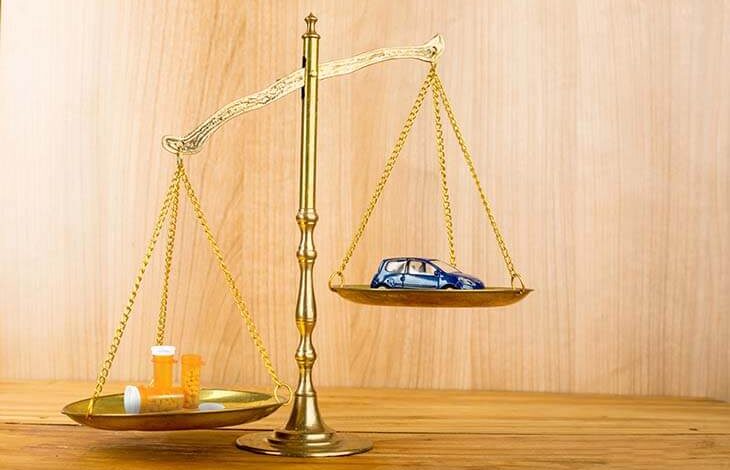Drinking after sobriety or using drugs after kicking the habit can be extremely discouraging; especially after you have successfully completed a drug and alcohol addiction treatment program. You may feel like you have not only let yourself down but you have let everyone around you down. Keep in mind that the relapse itself is not important; it is what happens next that matters. Relapse can either be a learning experience or it can be a deadly experience depending on the type of addiction and the severity of your relapse. However, it is important to keep in mind that transitioning from treatment into the real world is one of the most challenging parts of sobriety. In treatment you are encouraged, supervised and held accountable for your words and actions while continuously engaging in therapy sessions. After treatment it is up to you to join support groups, attend therapy sessions and hold yourself accountable for your thoughts and actions; which can be extremely challenging for many.
What is a Relapse & How to Prevent it?
Relapse often occurs when you become complacent in your recovery. You may start to ignore the warning signs and surround yourself around potential triggers engaging in potentially harmful behaviors that lead to errors in thinking and judgment, which eventually results in relapse. Stress, trauma, loss, adversity and major life changes can also affect daily the routine and threaten recovery. Even taking a trip or stepping outside your comfort zone can be disruptive enough to put people at risk. Relapse can be prevented, even during times of extreme stress and difficulty, however when relapse does occur, no matter the cause, it is always wise to have a contingency plan.
Why is it important to recognize your relapse?
Honesty and taking action after the relapse can help prevent further damage and potentially save your life. Rigorous honesty is paramount in all aspects of recovery. Admitting to yourself and another human being (preferably someone in recovery) that relapse has occurred can be life-saving. The help, support, and accountability gained by sharing what happened can help prevent further isolation and desperation. The sooner you acknowledge the relapse, the easier the withdrawal period will be and the sooner you can enjoy recovery again.
Stop the addictive behavior right away. Whether it is drinking, substance abuse, cutting or binging and purging, you must immediately stop this behavior.
Dispose of remaining alcohol, drugs, binge food or household items used to perpetuate your addiction and do not buy any more.
If someone else is providing the alcohol, drugs or triggers for your relapse, leave that individual and environment immediately.
Tell someone who is committed to your recovery whether it is a loved one, your sponsor or your therapist. Admitting your relapse is part of being accountable.
Sleep.
Attend recovery or support meetings.
Resume other recovery behaviors, such as reading recovery literature, watching recovery videos, journaling, praying, meditating and laughing with safe friends.
With the help of your sponsor or therapist, examine the causes and circumstances that led to the relapse to elucidate what part of the recovery program wasn’t working, so that you can take a different approach.
It is not the end but only the beginning of the journey
Setbacks and struggles are part of the process of learning what works and what does not for you during your recovery process. Think self-discovery, not a failure. Never give up. Just remember, recovery is a journey of self-discovery that brings some of life’s greatest gifts. This journey provides the strength needed to stay sober and to help others achieve lasting sobriety.
24/7 ADMISSION HELPLINE 888-629-6707




